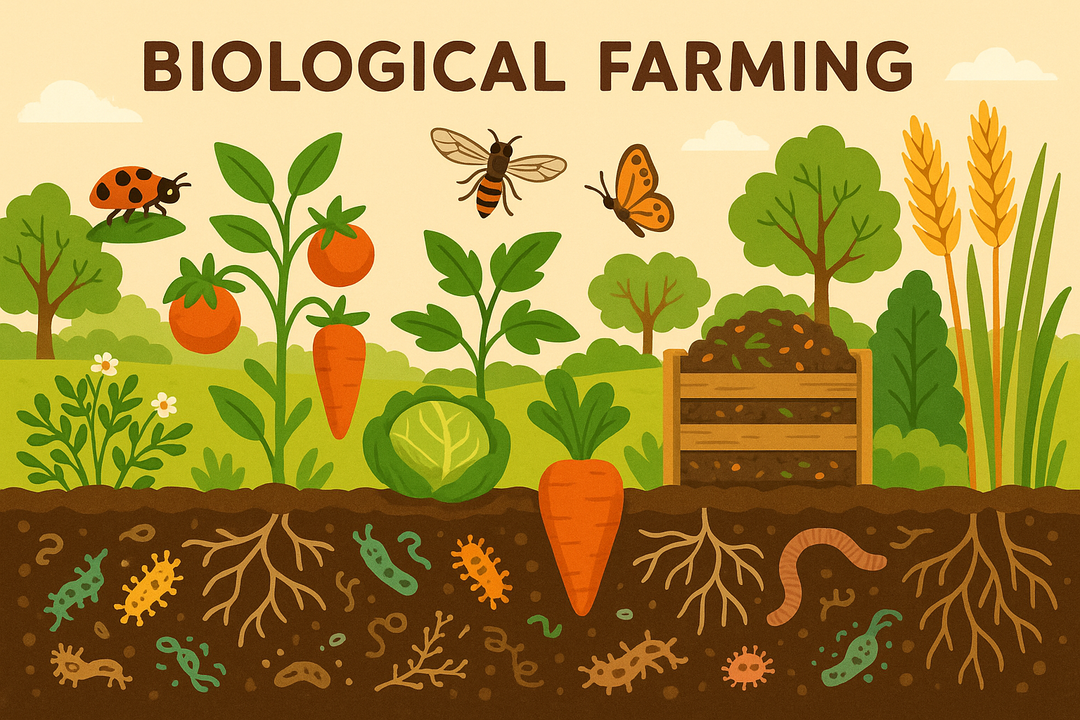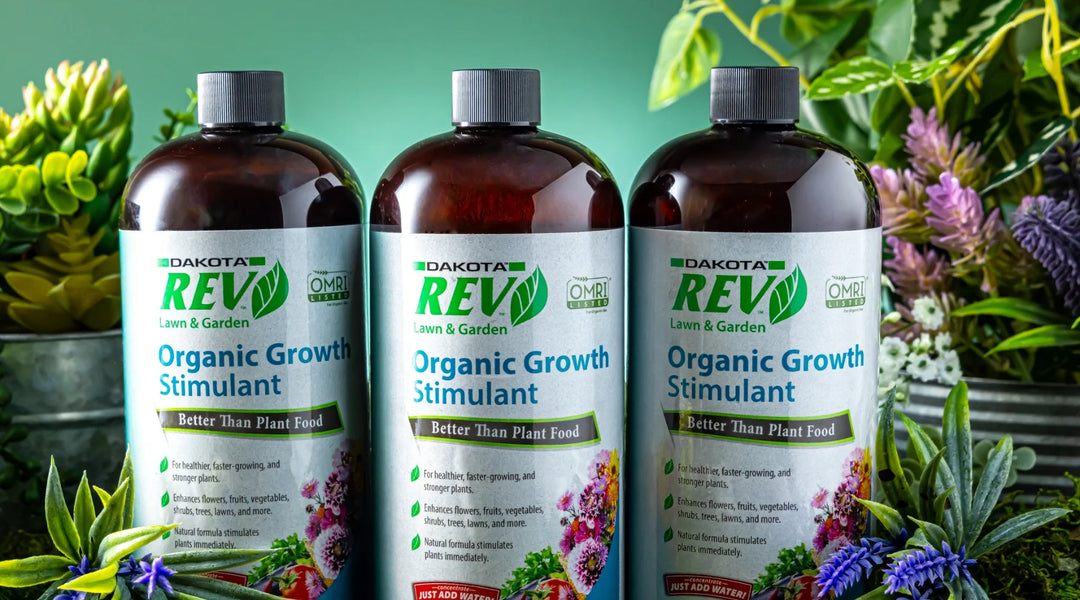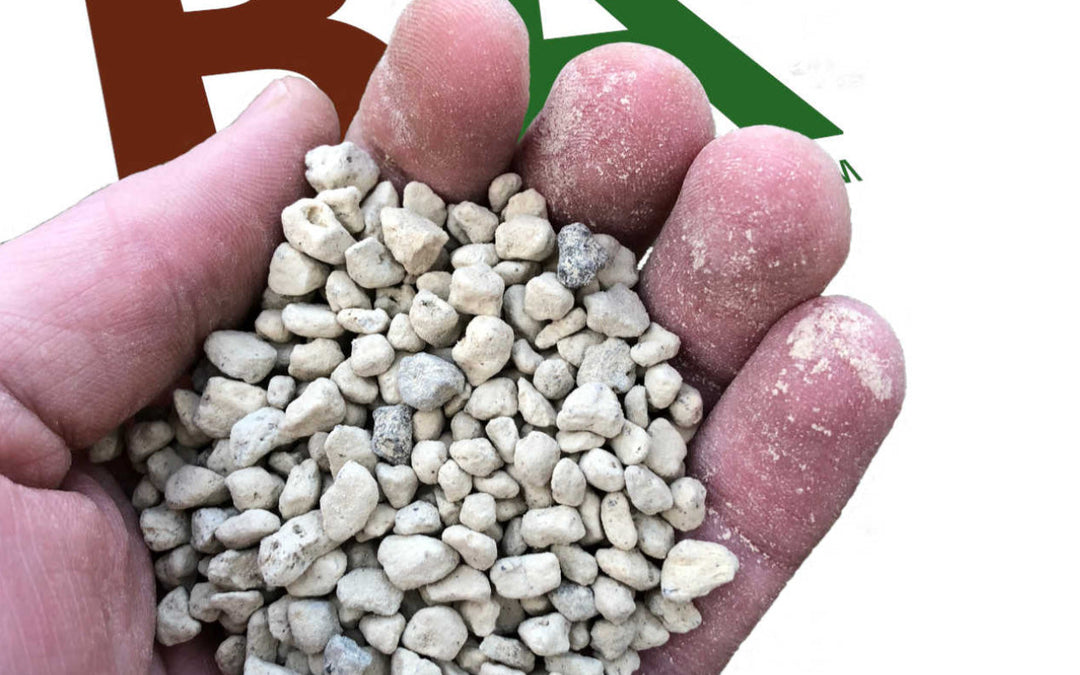Biological Gardening...Beyond Organic | News and Tips | RMBA RSS

Discover the fundamentals of biological farming and how this sustainable approach can benefit farmers, ranchers, and gardeners through improved soil health, reduced input costs, and enhanced crop resilience.







